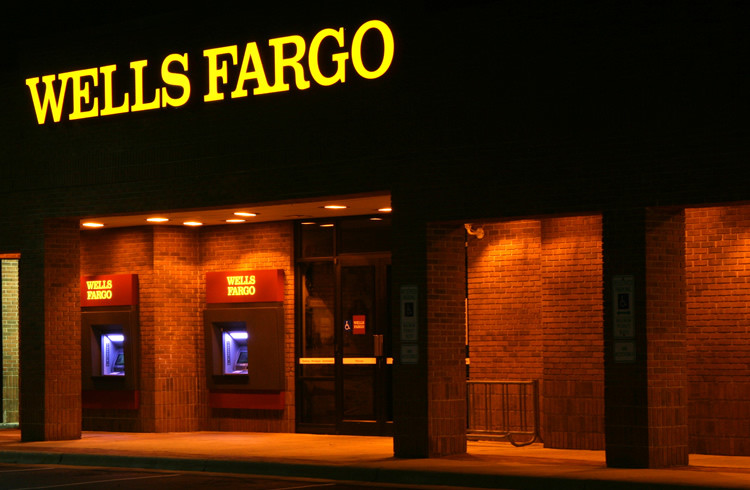Wells Fargo Scandal: The Who, What, When and How

In September, Wells Fargo employees were caught secretly creating millions of unauthorized bank and credit card accounts since 2011. These accounts gave the bank an increase in its sales figures and profit.
What Happened?
According to the Consumer Financial Protection Bureau, employees enrolled their customers in online banking services by creating fake PIN numbers and email addresses linked to their accounts. The employees moved funds from existing accounts into newly-created ones on customers’ profiles without their knowing or consent. Because funds were moved from customers’ primary accounts, they were charged for insufficient funds and overdraft fees. The CFPB is charging Wells Fargo $185 million in fines, along with $5 million to refund customers.
Customers have begun suing Wells Fargo, accusing the bank of invasion of privacy, fraud, negligence and breach of contract. They seek compensation to cover damages caused by identity theft, legal fees and emotional distress.
What Can I Do?
The consequences of identity theft can impact your credit score big time. A credit score can lower after identity theft, possibly resulting in higher credit card interest rates, home and car insurance premiums, loss of a job opportunity and more.
If your credit score is lowered because of an error on your credit report, you can dispute the error by drafting and sending a letter to the credit reporting agency. You have the right to dispute credit report errors and sue credit reporting agencies for damages; the attorneys at Francis Mailman Soumilas, P.C. can help. Get your free case review and call 1-877-735-8600 today.
